
- This event has passed.
EdgeCon Autumn 2025
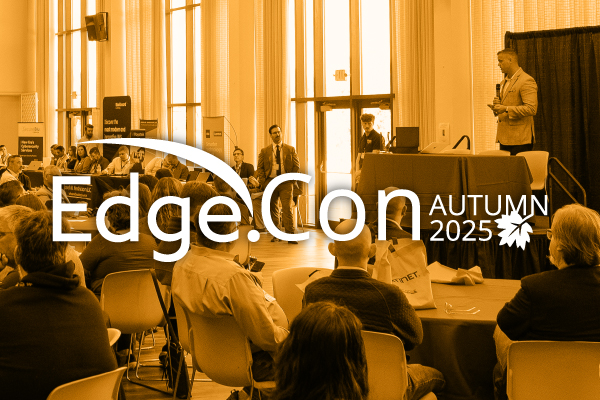


Date: October 9
Time: 9:00 am - 5:00 pm
Cost: $49
Venue: Rider University
Conference Agenda
8:00-8:30 — Check In / Registration
8:30-9:30 — Exhibitor Networking & Breakfast
9:40-10:20 — Breakout Session 1
10:30-11:10 — Breakout Session 2
11:20-12:30 — Keynote Panel & Awards
12:30-1:30 — Exhibitor Networking & Lunch
1:40-2:20 — Breakout Session 3
2:30-3:10 — Breakout Session 4
3:10-4:00 — Coffee & Connections: Exhibitor Networking
Breakout Sessions are hosted in Bierenbaum Fisher Hall (BFH) Classrooms
Breakout Session 1: 9:40–10:20
As artificial intelligence and emerging technologies rapidly transform our world, innovation must evolve beyond efficiency and novelty to reflect deeper human, ethical, and environmental priorities.
This session introduces a multidimensional framework for responsible innovation organized around four core domains: Performance & Design, Creative & Cognitive Dimensions, Human-Centered Values, and Ethical & Governance Principles.
Each dimension includes four key attributes—from Functionality and Originality to Empathy and Integrity—that collectively offer a holistic model for evaluating and guiding innovation in the AI era.
Learning Outcomes:
- Apply a four-dimensional framework to assess the responsibility of innovations.
- Distinguish key attributes across design, creativity, human values, and ethics.
- Evaluate existing practices through a multidimensional, equity-centered lens.
- Integrate the framework into decision-making, curriculum, or organizational strategy.
Presenter:
- Michael Edmondson, Associate Provost, NJIT
As cybersecurity threats grow and data regulations evolve, the limitations of legacy on-premise ERP systems are increasingly evident. This session will explore how shifting to a modern SaaS ERP like Workday strengthens data protection, reduces institutional risk, and ensures long-term compliance.
We’ll compare SaaS and on-premise systems in terms of governance, cybersecurity, and regulatory alignment, showing how a unified cloud platform enables real-time visibility, audit readiness, and consistent policy enforcement.
The session will also highlight how AI and automation built into SaaS ERPs proactively detect and mitigate risks—capabilities often lacking in older systems. Attendees will learn how Workday supports institutional resilience through faster recovery, ongoing updates, and simplified compliance with emerging legal standards.
Whether you're already on Workday or just exploring cloud options, this session will offer practical strategies to protect data, manage risk, and future-proof your institution.
Presenters:
- Stephanie Druckenmiller, Executive Director, Enterprise Technologies, Northampton Community College
- Bryan McGowan, Workday Principal Enterprise Architect, Workday
We know that getting timely answers from institutional data can be challenging, especially when those answers are buried in reports or require technical skills to retrieve. That’s why we’ve started developing a set of AI-powered tools to make it easier for faculty, staff, and administrators to get the information they need, when they need it.
One of our key projects is a conversational AI tool that allows users to ask everyday questions like “How many students are enrolled in a specific program this term?” or “Which majors are growing the fastest?” and get real-time answers without needing to write a single line of code or run a complex report. The goal is to put data directly into the hands of the people who use it for advising, planning, and making decisions.
Behind the scenes, this tool uses Python, ThoughtSpot, and web technologies. But on the front end, it’s about simplicity and usability, removing technical barriers so users can focus on taking action, not figuring out how to run a query applying various filters on dashboards.
Attendees will leave with practical strategies and tools they can apply in their own offices to improve data accessibility and increase efficiency. This is a traditional presentation enhanced by live user interaction.
Presenters:
- Bharathwaj Vijayakumar, Assistant Vice President, Office of Institutional Research and Analytics, Rowan University
- Samyukta Alapati, Associate Director, Office of Institutional Research and Analytics, Rowan University
"As institutions face increasing demands to modernize fragmented data systems, the path forward often starts with foundational change. This session highlights lessons learned through a data modernization initiative involving Miami University and a strategic consultant to Miami. The effort focused on cloud-first infrastructure, scalable reporting environments, and readiness for AI use cases.
The presentation will discuss a non-exclusive implementation approach using commercially available platforms to support data integration across enterprise systems, including HR and financial systems. The speakers will outline how these efforts improved internal data coordination, enabled more consistent access to analytics, and set the stage for responsible exploration of AI and automation tools.
Attendees will gain:
- A practical framework for evolving institutional data infrastructure
- Lessons from integrating enterprise platforms to streamline analytics
- Examples of how AI tools (e.g., forecasting and decision support) can be enabled through foundational change
- Insights on data governance, change management, and user enablement
- Reflections on navigating internal challenges in public-sector modernization efforts
This session offers applied, real-world perspectives on building a sustainable foundation for enterprise data transformation. No endorsement of any specific product or vendor is implied."
Presenters:
- Randy Vollen, Director of Data & Business Intelligence, Miami University
- Jon Fairchild, Director, Cloud & Infrastructure, CBTS
As higher education institutions strengthen their ties to federal research funding and sensitive data collaborations, cybersecurity maturity is no longer optional; it’s a necessity. This session offers a practical, leader-focused overview of the Cybersecurity Maturity Model Certification (CMMC) framework, explaining why it matters even beyond Department of Defense-funded projects, and what higher education leaders need to do to prepare. Featuring real-world case studies, this presentation highlights the actual risks of non-compliance and the chance to take the lead with Edge’s scalable cybersecurity solutions.
Key Takeaways:
- Understand the Stakes: Discover why CMMC is increasingly a key standard for federally funded research and third-party risk management, extending beyond DoD contracts.
- Learn from real failures: Review high-profile cases where non-compliance resulted in lawsuits, reputational damage, and multi-million-dollar penalties.
- Navigate the Complexity: Achieve a clear understanding of CMMC 2.0 levels, their effects on your IT environment, and how they align with frameworks like GLBA and NIST 800-171.
- Tailored for Higher Ed: Discover how Edge helps navigate decentralized systems, limited budgets, and academic culture to create a roadmap that works for your campus.
- Actionable Roadmap: Leave with practical steps your institution can take now to assess, prepare, and align with CMMC - before it becomes mandatory.
Presenter:
- Bobby Rogers, Jr., Virtual Chief Information Security Officer, Edge
Breakout Session 2: 10:30–11:10
In response to the federal mandate that all public institutions comply with revised Title II of the Americans with Disabilities Act by April 2026, The College of New Jersey (TCNJ) has launched a coordinated initiative to improve the accessibility of digital course materials and online environments. Rather than approaching compliance as a legal checkbox, our campus has framed the work to fundamentally improve student and faculty experiences through inclusive design, transparency, and collaboration. This presentation offers a case study in progress, tracing our institutional journey from grassroots collaboration and capacity-building to structured, strategic initiatives.
This session shares strategies that have led to meaningful progress in faculty development and systemic change. These include:
- The implementation of an Accessible Course Design Sprint, a low-barrier, high-impact semester-long professional development opportunity using the Pope Tech Canvas accessibility checker.
- Strategic communication and outreach efforts, including partnership-driven emails and meetings with departments to frame accessibility as equity work.
- A centralized accessibility resources hub developed by the Center for Excellence in Teaching and Learning (CETL), supporting faculty in building “born accessible” content.
- Collaborations with the Division of Inclusive Excellence/ARC, legal counsel, and Academic Affairs to align accessibility goals across units, informed by an internal audit.
The session emphasizes sustainable change—approaching accessibility not as a project with an endpoint, but as a continual part of the digital transformation of teaching and learning.
Presenters:
- Judi Cook, Executive Director, Center for Excellence in Teaching and Learning, The College of New Jersey
- Ellen Farr, Director of Online Learning, The College of New Jersey
- Mel Katz, Accommodations Support Specialist for Curriculum and Assessment, The College of New Jersey
Join our expert panel from the College of Health Care Professions to learn how they drove conversions and improved student outcomes with Proactive AI Agent. Get the inside scoop on their approach--from initial build, to guardrails, to continuously improving journeys with data-driven enhancements. Along the way, they’ll highlight how they used this innovative technology to not only create excellent student experiences but find opportunities for synergy within their organization.
Moderator:
- Ross Marino, Account Executive, Proactive AI Agent Specialist, NiCE
Speakers:
- David Bent, Vice President, Digital Services, Online, The College of Healthcare Professions
- Joshua Mouton, CHCP BI/Developer, The College of Healthcare Professions
In the dynamic environment of higher education, data-driven decision-making is not a luxury—it's a necessity. This session explores how our community college leveraged Tableau to transform raw institutional data into interactive, insightful dashboards across key business areas including enrollment management, finance, student services, and academic affairs. By centralizing data visualization and analysis, we’ve empowered stakeholders with real-time insights that drive efficiency, support strategic planning, and uncover opportunities for process improvement.
Presenters:
- Moe Rahman, AVP/CIO, Community College of Philadelphia
- Laura Temple, Associate Director, Community College of Philadelphia
This presentation, originally designed for K-12 settings, offers a foundational understanding of the critical privacy and security considerations that arise with the increasing adoption of Artificial Intelligence in educational environments. For higher education faculty and administrators, these principles are equally, if not more, relevant given the diverse data streams and research contexts within universities.
The core content covers:
Understanding AI Applications: We explore various ways AI is being utilized in education, from personalized learning platforms and intelligent tutoring systems to automated assessment tools, content generation, and administrative analytics. In higher education, this extends to research support, student success prediction, and advanced pedagogical tools.
Navigating Privacy Concerns: The presentation highlights the "data dilemma," emphasizing the types of sensitive student and interaction data collected by AI tools. Key concerns include data storage, access protocols, the risk of de-anonymization, and the need to align with relevant data privacy regulations (e.g., GDPR, state-specific privacy laws, institutional data governance policies).
Addressing Security Risks: We delve into the cybersecurity threats posed by AI, such as data breaches and sophisticated phishing attacks. Crucially, the presentation addresses the pervasive issue of algorithmic bias, explaining how biased training data can lead to unfair outcomes in areas like admissions, grading, or resource allocation. The challenge of AI-generated misinformation and its impact on academic integrity is also discussed.
Implementing Safeguards & Best Practices: The presentation outlines a proactive, multi-step approach for responsible AI integration. This includes developing clear institutional policies (acceptable use, data governance, AI ethics), conducting rigorous vendor vetting, providing comprehensive training for faculty and staff, fostering digital literacy among students, and maintaining transparent communication with the university community.
Ultimately, the presentation underscores that while AI offers transformative potential for teaching, learning, and administration in higher education, its responsible and ethical implementation hinges on a deep understanding of its privacy and security implications, coupled with robust institutional frameworks.
Presenter:
- Teresa Keeler, Project Manager, NJIT
This session will explore the blueprint development of high-quality short courses while embedding quality Join Jeremy Livingston, CISO of Stevens Institute of Technology, and David DellaPelle, CEO of Dune Security, for a practical discussion on what it takes to replace outdated training tools with a real-time, adaptive approach to user risk.
With social engineering threats becoming more personalized and evasive, Stevens needed more than annual check-the-box training. They needed visibility into user-level risk, and a way to act on it. By onboarding Dune Security’s User Adaptive Risk Management platform, Jeremy and his team replaced static modules with role-based testing and training tailored to faculty, staff, and students.
In this session, you’ll learn how Stevens IT:
- Eliminated generic compliance training in under a month
- Scored risk at the individual and departmental level
- Integrated with Workday and Okta to monitor user behavior and access
- Enabled campus-wide accountability without adding administrative burden
You’ll walk away with a blueprint for transitioning from awareness to action, using real-world signals, not assumptions. Whether you're responsible for securing a university, agency, or school system, this session will show you how to build a modern human-layer defense that actually scales.
Presenters:
- Jeremy Livingston, Chief Information Security Officer, Stevens Institute of Technology
- David DellaPelle, Chief Executive Officer, Dune Security
Keynote Panel: 11:20-12:30
As AI reshapes teaching, services, research and campus operations, how do institutions deliver practical solutions and create measurable impact? Join senior campus leaders and technologists for pragmatic case studies, policy lessons, and ROI-minded strategies for deploying AI at scale in higher education.
Panelists:
-
Jeffrey Rubin, Senior Vice President for Digital Transformation and Chief Digital Officer, Syracuse University
-
Devendra Mehta, Digital Strategy and Data Analytics Officer, Fairleigh Dickinson University
Breakout Session 3: 1:40–2:20
As artificial intelligence reshapes nearly every industry, higher education faces a pressing question - Are we truly ready to harness AI effectively, responsibly, and sustainably? By the end of this session, attendees will be able to:
- Assess AI Readiness using a practical self-assessment checklist across technical, cultural, and governance dimensions.
- Recognize Barriers including technical, financial, and cultural challenges to adoption.
- Evaluate Sustainability and Ethics by analyzing environmental impact, equity, and algorithmic fairness.
- Formulate Strategic Questions for assessing AI vendors, platforms, and models.
- Design Actionable Roadmaps to move from AI interest to readiness aligned with institutional missions.
Attendees also will leave understanding that readiness ≠ awareness; AI adoption depends as much on governance and culture as on technology. Sustainability must be central, addressing cost and environmental impact. Higher education needs tailored AI models rather than retrofitted industry
Presenters:
- Nandini Janardhan, Programmer Analyst/Applications Manager, Fairleigh Dickinson University
- Sahana Varadaraju, Senior Application Developer, Rowan University
This session challenges the notion that artificial intelligence can be a plug-and-play solution. For colleges and universities, sustainable success begins not with algorithms but with clarity of process and discipline of design. By mapping how the institution operates across the student lifecycle (business process modeling) and ensuring technology truly aligns with mission (enterprise systems architecture), leaders establish the strategic bedrock on which AI can deliver impact.
This approach also equips institutions to govern the Five Vs of data—the scale, speed, diversity, reliability, and value of information—and to harness next-generation real-time platforms (HTAP) that integrate daily operations with immediate analytics. The message is clear: without these foundations, AI is a distraction; with them, AI becomes a catalyst for competitiveness, innovation, and student success.
Key Takeaways include:
- Leadership, not just technology. AI only creates value when presidents, provosts, CFOs, and CIOs first demand clarity in institutional processes and alignment in system design.
- Data as a strategic asset. Managing the Five Vs of data turns raw information into trustworthy intelligence that drives financial sustainability, operational resilience, and academic excellence.
- Real-time readiness. HTAP platforms that merge daily transactions with instant analytics can transform decision-making—provided the institution has invested first in process discipline and architectural vision.
What happens when institutions expect content experts to teach online without pedagogical training? Based on qualitative research with faculty who collaborated on online course design, this session outlines five research-backed, actionable strategies to improve online teaching effectiveness and reduce faculty resistance.
Attendees will leave with:
- A concrete framework for embedding pedagogical support into online course development
- Templates for reflective practice and just-in-time faculty development
- Recommendations for improving collaboration between course designers and instructors
- Strategies to integrate adult learning theory into instructional design without overwhelming faculty
- Ideas for scaling faculty support as AI and automation reshape online teaching
This session bridges the gap between institutional priorities and lived faculty experience offering a strategic and sustainable model for instructional improvement.
Presenters:
- MaryKay McGuire, Ed.D, Learning Experience Designer, Siena College
- Danielle Cox, M.Ed.
How can institutions offer meaningful faculty development opportunities that speak to all faculty, from enthusiastic early adopters to staunch resistors who view AI as an existential threat to academic integrity? This session presents hard-won insights from a year-long journey of implementing comprehensive AI faculty development programming across diverse academic disciplines. We'll share our successes and offer a candid examination of the unexpected challenges of serving faculty with conflicting perspectives on generative AI's role in education.
Our experience reveals a fundamental tension: one-size-fits-all approaches to faculty development centered on AI cannot address the complex spectrum of faculty needs, from pedagogical autonomy to discipline-specific implementation strategies. Some faculty view AI tools as critical additions to their curriculum; others grapple with deeper philosophical questions about creativity, authorship, and knowledge creation. Designing development opportunities that address the needs of this entire spectrum has proven to be a challenging task. An effective approach requires careful planning and a nuanced understanding of faculty motivation. Ultimately, our goal is to ensure that faculty are equipped to help students thrive in a learning environment that has been transformed by AI.
During this session, we’ll share models of successful AI faculty development programming that meet the needs of diverse faculty perspectives. These program models include (a) a flagship lunch & learn series, (b) a self-paced, asynchronous pathway program, (c) a faculty reading group, and (d) a student-faculty discussion panel on AI. Attendees will walk away with battle-tested approaches for building AI literacy across their campus.
Presenters:
- Carly Hart, Director, Instructional Design & Technology, Rutgers University-Camden
- Naomi Marmorstein, Associate Provost for Faculty Affairs, Rutgers University-Camden
Breakout Session 4: 2:30–3:10
Ready to move your institution beyond AI buzzwords and into real-world impact? Join us for a collaborative session that demystifies AI adoption in higher education from three critical vantage points. Forough Ghahramani (Edge) will kick things off with an insider’s tour of the National AI Research Resource (NAIRR) Pilot—an invaluable toolkit now available to educators and researchers nationwide. Next, John Schiess (Brookdale/Ellucian) will tackle the often-murky waters of institutional AI policy and regulation, sharing actionable strategies for crafting guidelines that support innovation while managing risk. Rounding out the session, Mike Qaissaunee (Brookdale) will reveal lessons learned from piloting faculty training programs designed to boost AI literacy and spark creative teaching applications. This traditional presentation is packed with practical insights, but we won’t leave you empty-handed—participants will walk away with curated instructional materials and resources to jumpstart their own AI journeys.
Presenters:
- Michael Qaissaunee, Professor and Co-Chair, Engineering and Technology, Brookdale Community College
- Forough Ghahramani, Assistant Vice President for Research, Innovation, and Sponsored Programs, Edge
- John Schiess, Technical Director. Office of Information Technology (OIT), Brookdale Community College
As online education continues to evolve beyond emergency remote learning paradigms, institutions face the critical challenge of creating engaging, effective digital learning experiences that rival traditional classroom instruction. This presentation examines the strategic expansion and integration of specialized design roles within Villanova University's Office of Online Programs, demonstrating how a multidisciplinary approach combining Learning Experience Designers, Multimedia Experience Designers, and Instructional Designers can transform online program delivery and faculty collaboration.
Drawing from our organizations structure, this session will explore the distinct yet complementary roles of each design team member: Learning Experience Designers who focus on holistic student journey mapping and engagement strategies; Multimedia Experience Designers who create immersive, interactive content that enhances cognitive load and retention; and Instructional Designers who ensure the learning management system and learning technologies work together to achieve the goals of the faculty member. We will demonstrate how this specialized division of labor, while maintaining collaborative workflows, has enabled more sophisticated and targeted design interventions across diverse academic disciplines.
Central to our approach is the integration of Design Thinking methodology, which has fundamentally reshaped how our office approaches faculty partnerships and program development. Through iterative cycles of empathy mapping, ideation, prototyping, and testing, we have moved beyond traditional service-provider models to become strategic partners in curriculum innovation. This human-centered approach has not only improved learning outcomes but has also enhanced faculty buy-in and engagement with online pedagogical practices.
Recognizing that not all institutions have the resources for extensive staffing, the session will conclude with practical strategies for implementing similar frameworks with smaller teams. We will share role hybridization models, technology solutions that amplify individual capacity, and partnership strategies that can help smaller offices achieve comparable outcomes through strategic resource allocation and cross-functional collaboration.
Attendees will leave with concrete tools for assessing their own organizational needs, building compelling cases for design team expansion, and implementing design thinking approaches regardless of team size. This session is ideal for online learning administrators, instructional design managers, and institutional leaders seeking to elevate their digital learning offerings.
Presenter:
- Brian Gall, Director, Learning Experience Design, Villanova University
Choosing the right virtual desktop solution is critical—and complex. Join Christopher Treib, Vice President of Information Technology at Geneva College, for an insightful look into the college’s journey transitioning from VMware to Apporto.
Christopher will share Geneva College’s experience evaluating different virtual desktop approaches, the specific challenges they faced, and the factors that ultimately influenced their decision to explore alternatives. You'll gain firsthand insights into the realities of migration, practical lessons learned, and measurable outcomes from the perspective of an institution that successfully made the transition.
Key Takeaways:
Identifying Pain Points: Understand the real-world challenges Geneva College experienced with their existing virtual desktop environment.
- Evaluating Alternatives: Hear how Geneva College approached their evaluation and selection process.
- The Migration Journey: Lessons learned and advice for institutions considering a similar transition.
- Impact and Results: Discover how the change influenced productivity, IT management, and user experience at Geneva College.
Join this session for a balanced, objective discussion designed to help IT leaders navigate their own virtual desktop decisions with confidence.
Presenters:
- Chris Treib, Vice President of Information Technology, Geneva College
In the spring of 2024, Saint Elizabeth University was required to put into place compliance requirements for GLBA to be in compliance with the FTC Safeguards Rule. During this session, Ron Loneker, Jr., Director, IT Special Projects at Saint Elizabeth University, will present how the university reacted to the requests of our auditors and how it was cleared by them and the Federal Student Aid Office. Following the presentation and Q&A, the session will be opened up to hear from other schools in the audience to share their experiences as time allows for networking purposes.
Presenter:
- Ron Loneker Jr, Director, IT Special Projects, Saint Elizabeth University
Exhibitor Sponsors



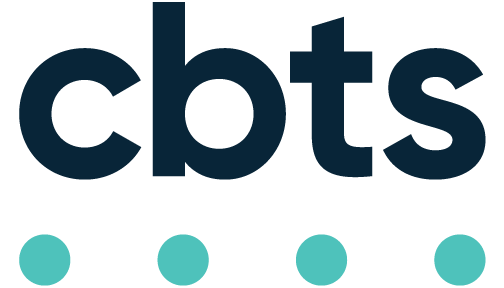
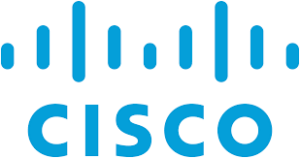

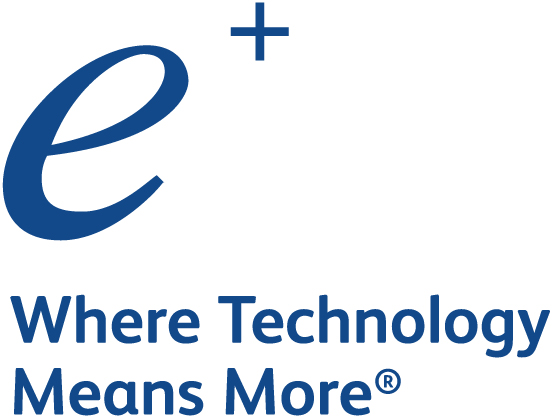










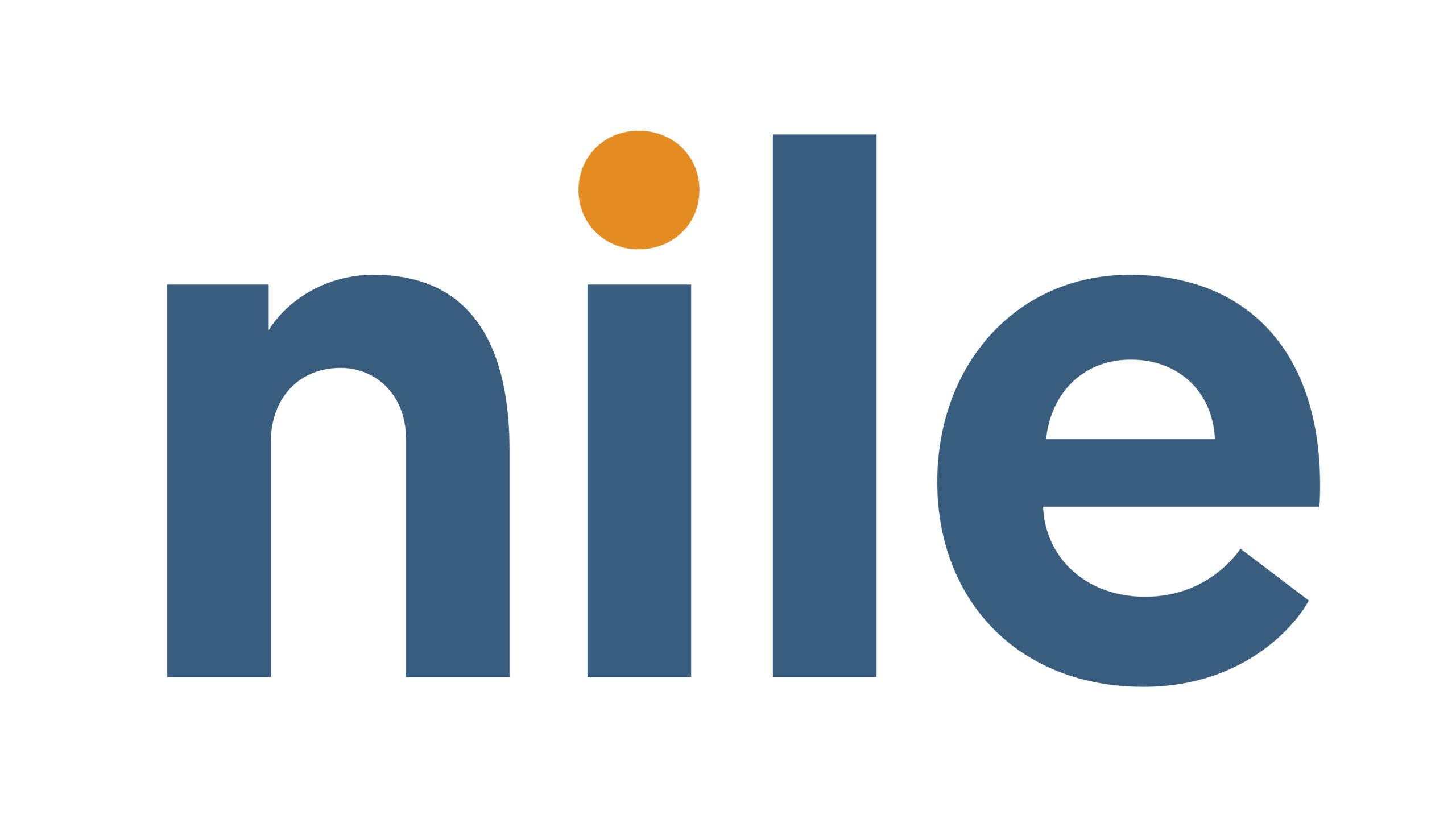

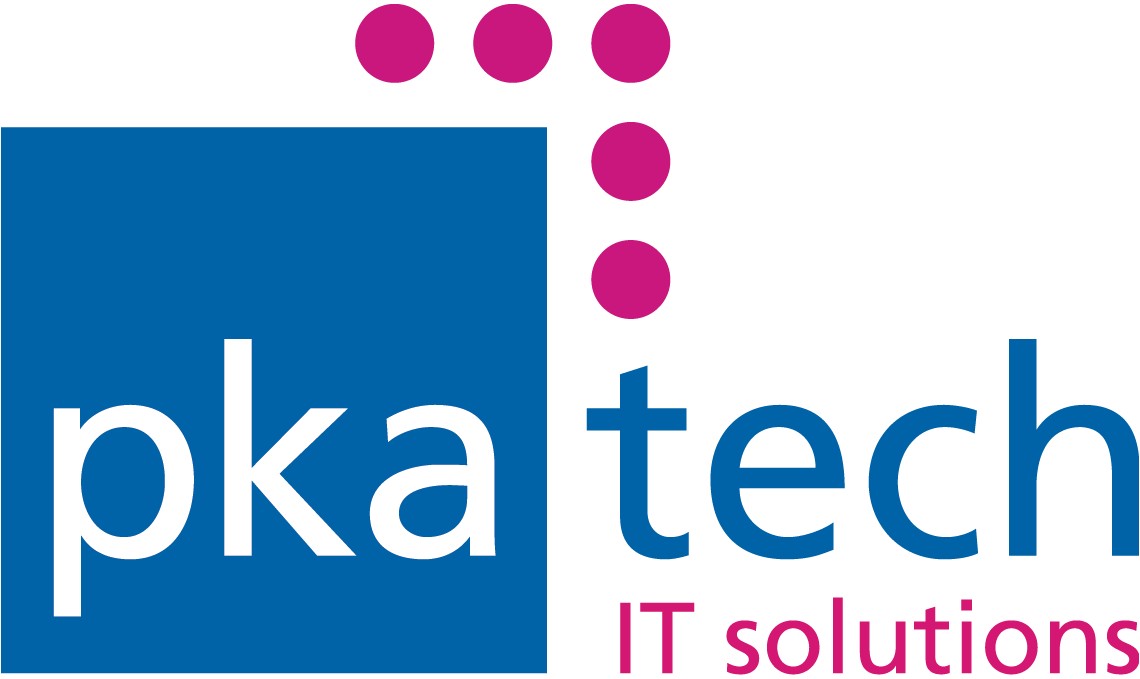

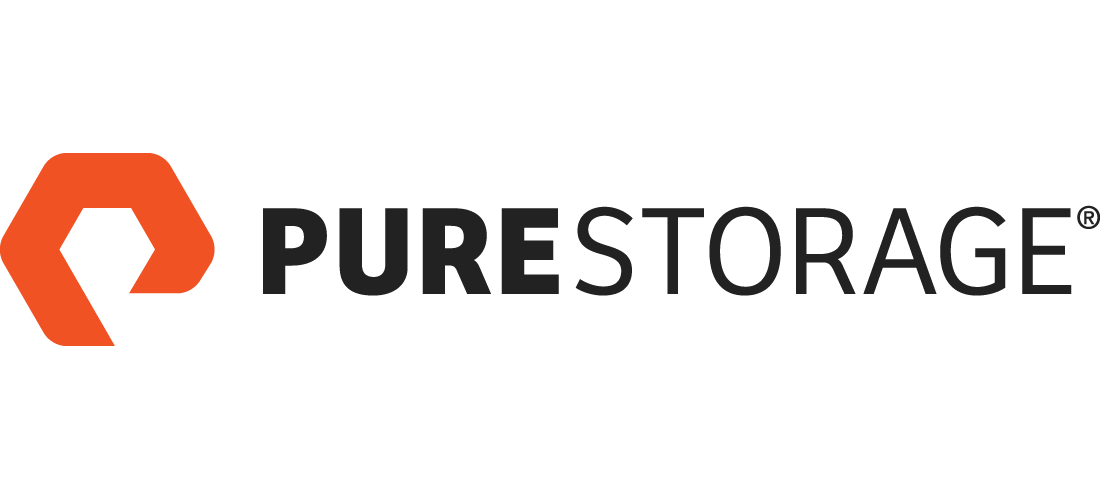
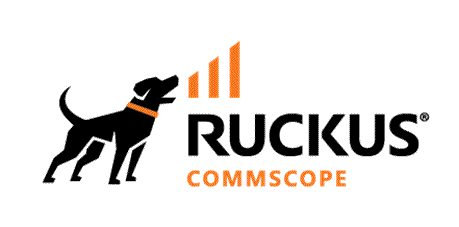


Details
- Date: October 9, 2025
-
Time:
9:00 am - 5:00 pm
- Cost: $49
- Event Category: Community
